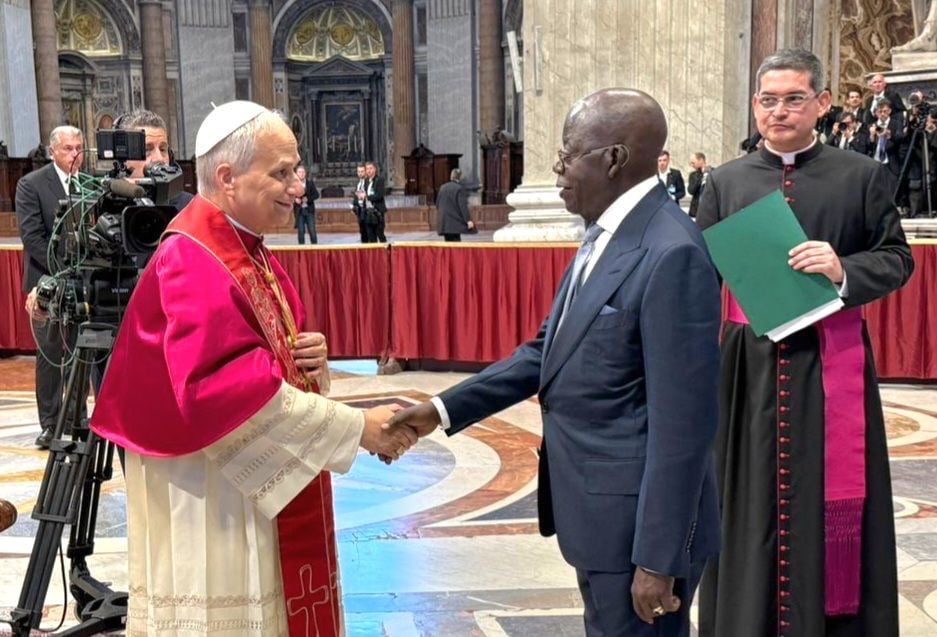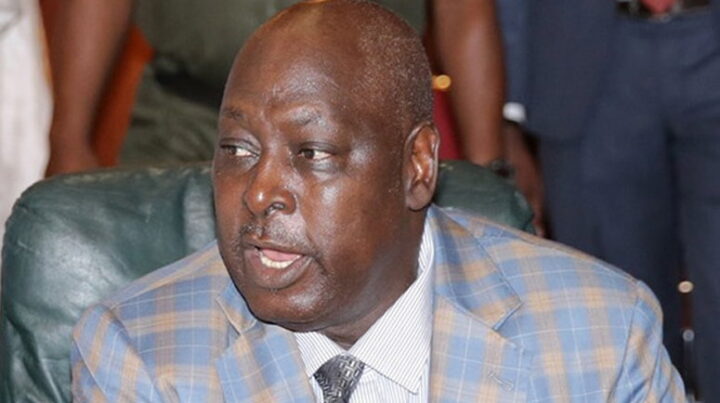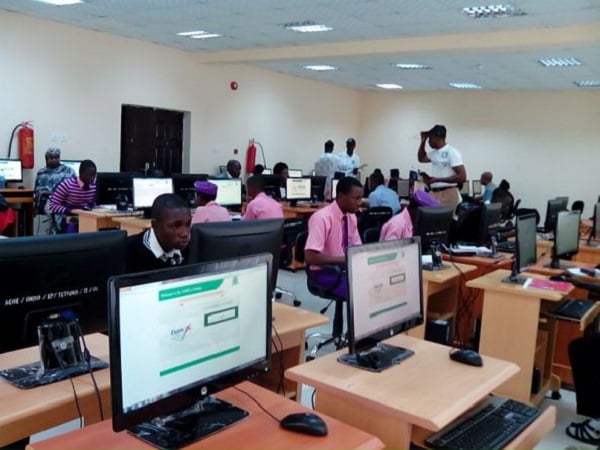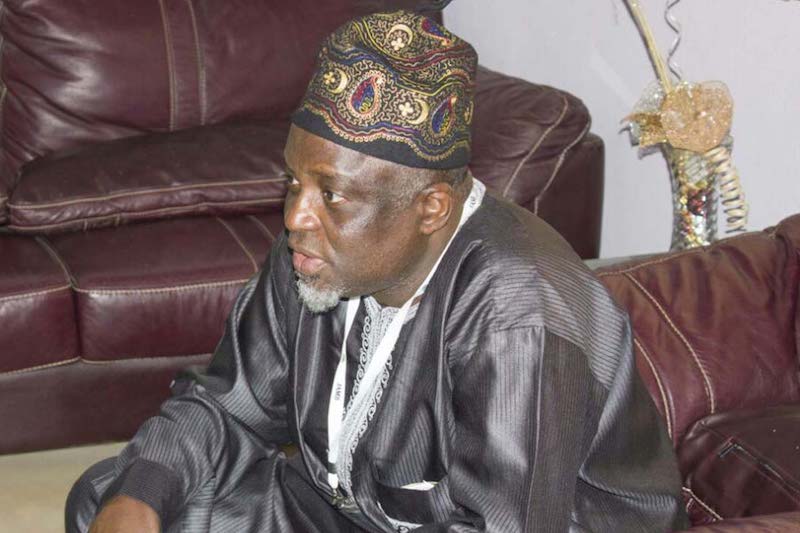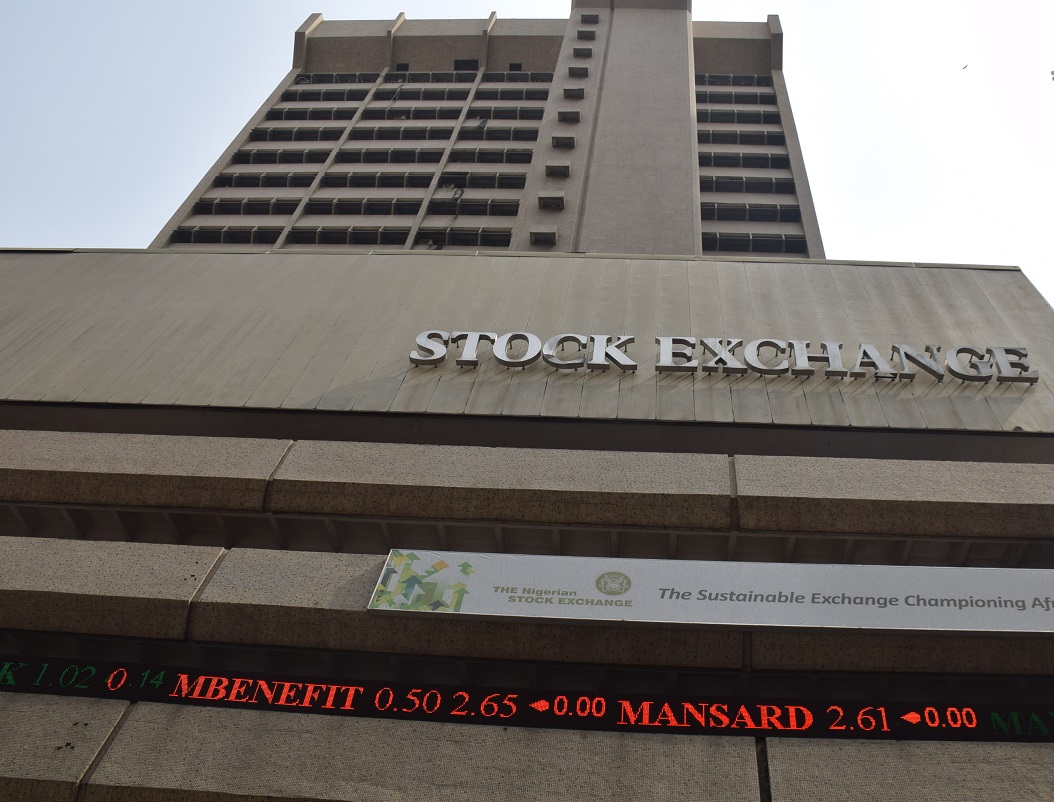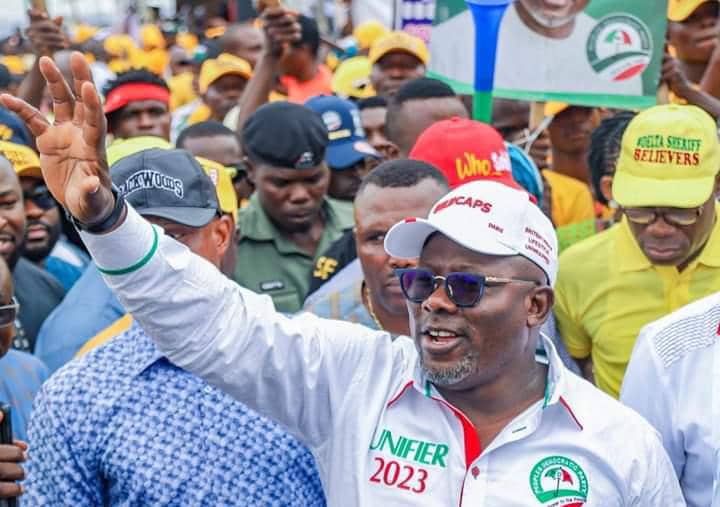BY ADEMOLA OSHODI
When President Bola Ahmed Tinubu joined world leaders at the Vatican for the investiture of His Holiness, Pope Leo XIV, the moment carried weight far beyond ceremonial significance. As the first Nigerian Muslim head of state to attend a papal inauguration, President Tinubu’s participation was a subtle yet powerful assertion of Nigeria’s evolving approach to diplomacy – one that is rooted not only in economic or geopolitical interests, but increasingly in values, inclusion, and soft power.
Nigeria, one of the most religiously diverse countries in the world, is home to over 200 million people, with nearly half identifying as Christians. According to the Vatican News in 2025, Nigeria has one of the highest Catholic populations on the African continent – surpassed only by Dr. Congo. That reality has often been underemphasized in the country’s foreign policy posture.
President Tinubu’s presence at the investiture of the Catholic Church’s new global leader – himself a historic figure as the first American-born Pope – represents a deliberate recalibration. It affirms that Nigeria’s global engagements will no longer sideline cultural and religious identities that shape its domestic reality. More importantly, it is a signal that under his leadership, religious diplomacy has become a key instrument of Nigerian statecraft.
Advertisement
This shift matters. In an era marked by rising sectarianism, identity-driven conflict, both locally and globally, Nigeria’s leadership is intentional in projecting the values that hold the federation together: pluralism, inclusion, and mutual respect. The visit recalibrates perceptions of the Tinubu administration, countering narratives that conflate Nigeria’s internal security challenges with governmental indifference to religious harmony. When a Muslim president stands in solidarity with the Catholic Church at a moment of global attention, it sends an unmistakable message: Nigeria will not be governed by sectarianism. It will be governed by vision.
This moment also reflects a convergence of values between Pope Leo XIV and President Tinubu. Known for his commitment to social justice, Pope Leo XIV’s lifelong advocacy for worker dignity and inclusion mirrors President Tinubu’s domestic agenda – from the Renewed Hope Conditional Cash Transfer Scheme supporting over 15 million households, to ongoing investments in inclusive education, healthcare, and economic equity. The resonance between Abuja and Rome is not rhetorical, it is substantive.
More broadly, the visit repositions Nigeria as a moral and cultural force on the global stage. Religious diplomacy, in this context, enhances Nigeria’s soft power, builds trust with international partners, and challenges the narrative of division that has often defined the country’s representation abroad. This visit offers a reminder to the international community and to Nigerians that leadership in a diverse society cannot afford to be performative. It must be deliberate, symbolic, and strategically inclusive. As Africa faces rising religious extremism and sectarian conflict, Nigeria’s example under President Tinubu offers a model for others: a leadership style that governs beyond identity and builds across difference.
Advertisement
The Tinubu administration now faces the task of translating this diplomatic capital into concrete gains, whether through Vatican-backed peace initiatives or partnerships with Catholic development agencies. What remains undeniable is that Nigeria has, once again, asserted its unique voice on the global stage: one of unity in diversity, and faith in common purpose.
This is not just an anecdote from a foreign visit. It is a statement of intent. A diplomatic reset. And perhaps, a roadmap for how Nigeria can lead, not just with military strength or economic leverage, but with moral clarity, cultural confidence, and strategic purpose.
President Tinubu’s presence at the Vatican transcends merely ticking diplomatic boxes. It proves that Nigeria is not governed by the religion of its leader but by the responsibility of its Constitution. It showed that faith, dignity, and inclusion are central to our global posture. We are one people – many faiths, yet one nation.
Ademola Oshodi is the Senior Special Assistant to the President on Foreign Affairs and Protocol
Advertisement
Views expressed by contributors are strictly personal and not of TheCable.

